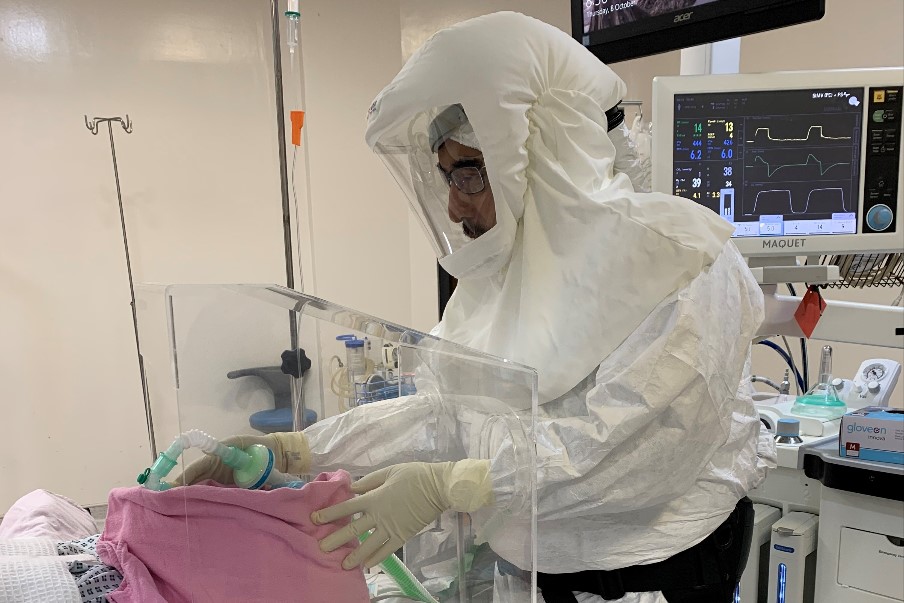KUALA LUMPUR, Oct 21 — A public health expert called on the Ministry of Health (MOH) to issue national guidelines on Covid-19 ventilation priority, as coronavirus infections, severe Covid-19 cases, and fatalities rise in Sabah.
Public health-trained paediatrician Dr Tan Poh Tin said she hopes there doesn’t come a day when Malaysia reaches a stage where doctors have to prioritise who should be ventilated and who should not. But she noted, realistically, there will come a time when Malaysian medical practitioners must decide which seriously sick Covid-19 patients get life-support machines.
“To me, to be fair to the doctors on the frontline, there needs to be a national guideline by all the people who have managed these types of cases to say from now on, these following cases will get priority for ventilation. They will list out the criteria and then they will agree on it, everybody sign, declare it and then pass it to the ground,” Dr Tan told CodeBlue in an interview.
The Sarawak-based doctor said that the national guideline can be made by infectious disease consultants and anesthesiologists at the highest levels who have had experience in ventilating Covid-19 patients, and based on international papers.
“The prioritisation sounds very cold-blooded, but that’s the reality, that’s life. Ventilators are going to be very limited.”
She said that with the national guidelines, it will be easier on frontliners’ conscience, who have to explain to patients’ families if they are unable to put Covid-19 patients on ventilators because of limited resources.
People in stage 5, or the most severe level, of the Covid-19 disease require ventilator support as they can’t breathe adequately on their own. A ventilator pumps air, usually with extra oxygen, into patients’ airways.
Medical Xpress quoted a Yale Medicine pulmonary and critical care specialist, Dr Lauren Ferrante, as saying that if one’s immune system is unable to fight off Covid-19 infection, the infection can travel to the lungs and cause acute respiratory distress syndrome (ARDS), a potentially fatal condition that severely inflames the lungs and makes portions of the lungs unusable. In this case, patients need to be on a ventilator.
Sabah has been reporting a surge in Covid-19 infections since the end of September. In nearly three weeks, from October 1 to 20, the state reported a total of 6,878 Covid-19 cases; the highest daily tally was on October 18 with 702 cases. As of yesterday, Sabah reported 5,466 active Covid-19 cases, which is 71 per cent of the 7,681 cumulative active Covid-19 cases in Malaysia.
Fifty people in Sabah have died from coronavirus in 13 consecutive days from October 8 to October 20. Only two Covid-19 deaths in Malaysia in that period were reported outside the state – both in Selangor.
On October 17, MOH reported that there are 180 ventilators available in Sabah, with a usage rate of 32 per cent, including for Covid-19 and non-Covid-19 patients. Intensive care unit (ICU) bed usage in Sabah was 72 per cent of 122 beds, comprising both coronavirus and non-coronavirus patients. MOH has also introduced a new innovation called ventilator splitter using 3D-printing, whereby one ventilator can be used for two patients.
About four in 10 Covid-19 patients in Sabah are more ill, requiring hospitalisation, which medical experts have attributed to poverty in Malaysia’s poorest state, little access to health facilities in the country’s second largest state, and fear of arrest among undocumented migrants when seeking treatment.
Prioritise Halting Community Transmission
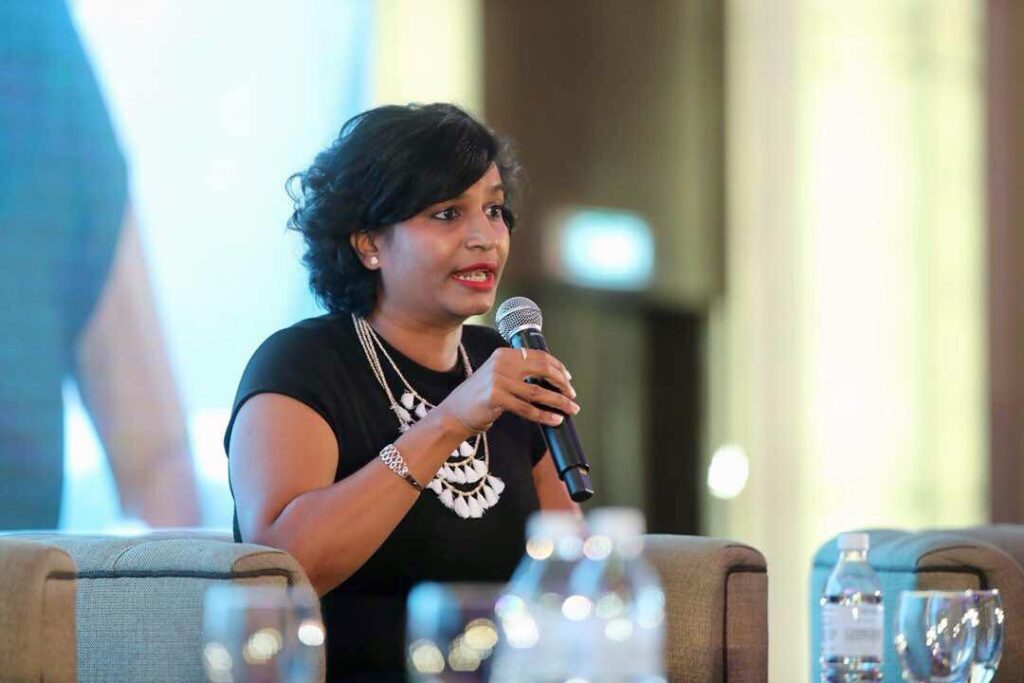
Dr Nirmala Bhoo Pathy, a public health medicine specialist from University Malaya, said that MOH should mobilise 100,000 to 200,000 antigen rapid test kits (RTK-Ag) to Sabah, the current coronavirus epicentre in Malaysia.
“While we may have limited testing capacity using RT-PCR, in an emergency like this, just resort to RTK-Ag. 15,000 or 20,000 is not enough, they probably need 100,000 to 200,000 kits,” Dr Nirmala told CodeBlue.
MOH has sent 100,000 antigen rapid test kits for use in Sabah, with a 3.9 million population, this month, equalling only about 3,333 tests per day.
Dr Nirmala also said that contact tracing should be intensified and capacity boosted for quarantine centres in Sabah.
“I fear for the health of the communities who stay in the interiors. We must do our best from the pandemic hitting these people.”
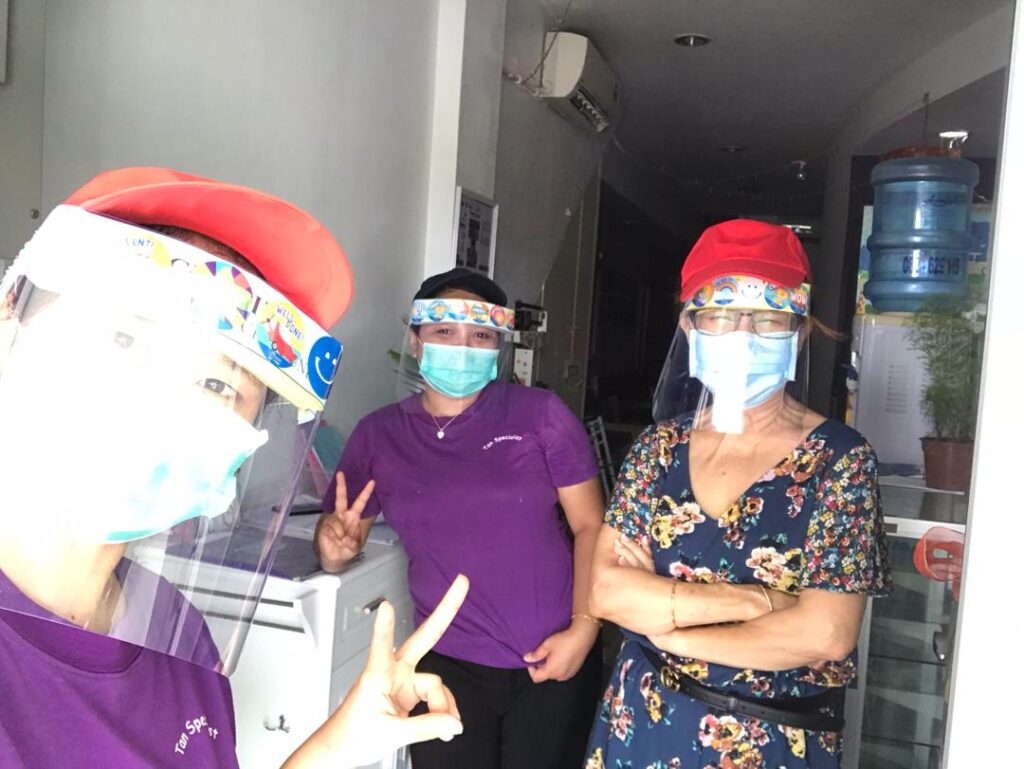
Dr Tan said that the RT-PCR test, considered the gold standard test to diagnose Covid-19, is too expensive to be used on Sabah’s 3.9 million population for mass testing.
If mass testing is done, although a person is negative for Covid-19 once, the individual can still test positive the next time. Dr Tan said that an RT-PCR test is just like a pregnancy test — if a person is negative today, she can still be pregnant a few days later.
“If people think, ‘Oh I’m tested, I’m negative and they go out and have a party’, then it is actually dangerous to other people because it could be early and not testing positive yet,” the public health-trained pediatrician said.
However, she said that if mass testing is to be done in Sabah, MOH can consider a pooling test, whereby two swabs are taken from each person. Then five swabs from five different people are put into one test.
“One, they will do pool testing. The other one will be for verification later on. Suddenly, the pool test is positive, then they need to know who, then they will check one by one.”
She highlighted that by using this method, time can be saved because five samples can be excluded in one go — if a pooled test is negative, all specimens in that pool are presumed negative.
Dr Tan recommended for mass testing to be done in institutions like detention centres or prisons with crowded living environments, as mass testing on the entire Sabah population will just slow down the whole process of detection and positive cases may be late to be detected.
Sabah Local Government and Housing Minister Masidi Manjun, who is also the state’s Covid-19 spokesperson, said yesterday that more than 10,000 Covid-19 test samples in the state have yet to be cleared, adding that he hoped the backlog would be cleared in three to four days.
Ministers Should Go Down To The Ground In Sabah
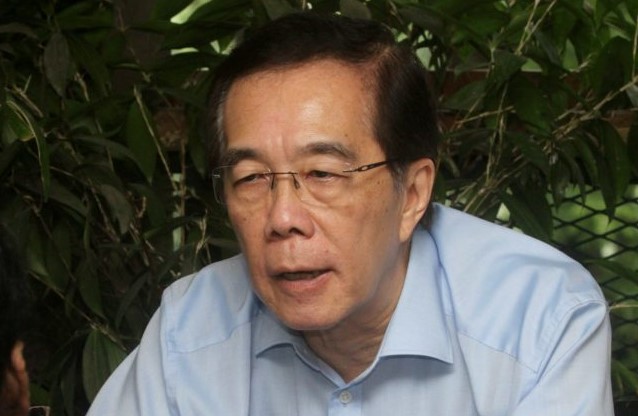
Former Malaysian Medical Association (MMA) Dr Milton Lum told CodeBlue it is surprising that Prime Minister Muhyiddin Yassin, Health Minister Dr Adham Baba, and Health director-general Dr Noor Hisham Abdullah have yet to visit Sabah.
“They should do so immediately to assess first-hand what the problems are and address them without delay with input from those on the ground,” Dr Lum said.
He stressed that a public health emergency cannot be addressed remotely. Dr Lum also said that forward planning for the next few weeks and months is essential.
After Sabah’s state elections, the state government has yet to announce its health minister who can lead the response to Sabah’s Covid-19 outbreak.
Free Malaysia Today reported Sabah deputy chief minister Bung Moktar Radin as saying that a health minister will not be appointed because the state does not want an overlap in job scope, since health is under the purview of the federal government. State minister Masidi, however, has been appointed as a spokesperson for Covid-19.
Donate Cloth Masks To Community
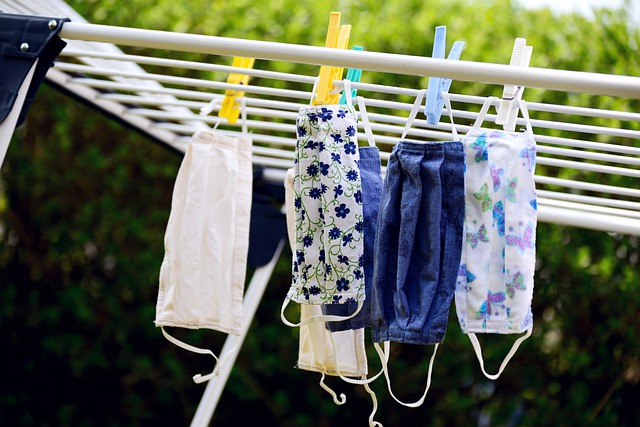
The main mode of transmission of the coronavirus is through respiratory droplets, so a face mask can help to reduce the spread of Covid-19.
However, the cost of purchasing a face mask is expensive, especially for those living in the interiors and those who lost their income during the pandemic, like in Sabah.
Dr Tan suggested that the government or non-governmental organisations (NGOs), who wish to contribute masks, should donate three-ply reusable cloth masks to the public.
“The masking issue is a real issue because of the cost involved. So instead of continuing to distribute the medical mask which is quite pricey, I think we have to really go towards a three-layered cloth mask.
“That will make compliance better,” Dr Tan said.
Governments Should Work Together With NGOs
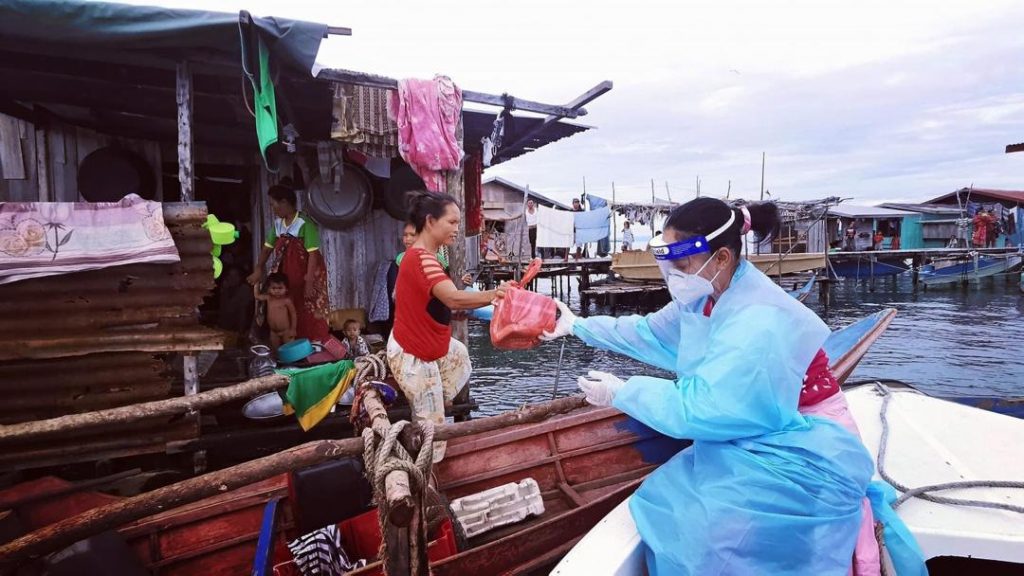
Dr Nirmala said the Movement Control Order (MCO), which has been implemented in Sabah, would have hit residents really hard, especially the poor, migrants, and people living in the interiors.
She urged the federal and state governments to work together with NGOs to ensure that food supplies and basic necessities are made available for vulnerable populations.
“In the quest of restricting movement and ensuring that health care supply chains are not disrupted, I hope that the federal and state governments will not overlook food security,” the associate professor from University Malaya said.
Through social media posts, it was seen that various NGOs have come together to help not only frontline workers, but also Sabahans, in providing food aid, even bringing food to residents by boats as some of their houses are inaccessible by land.


